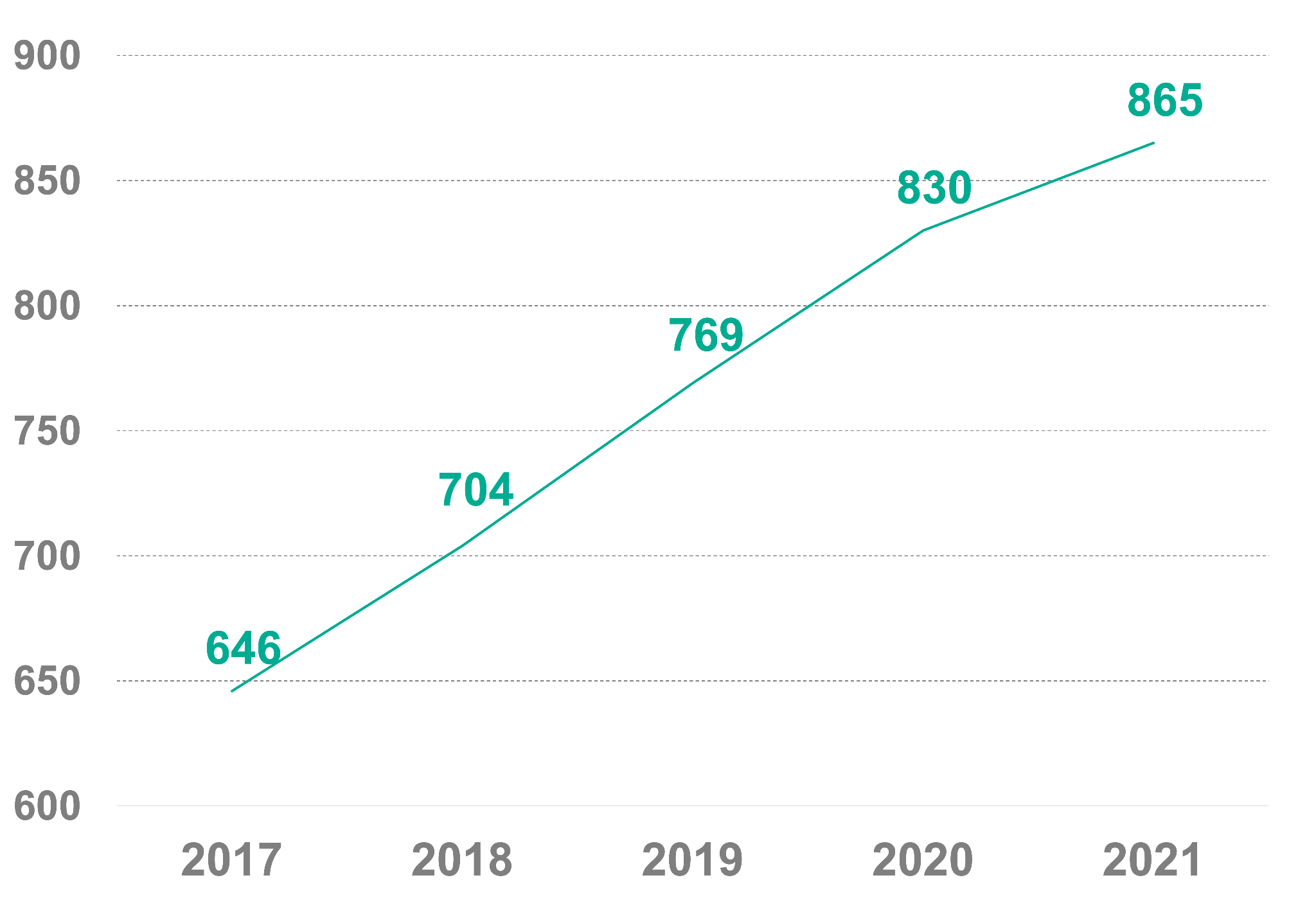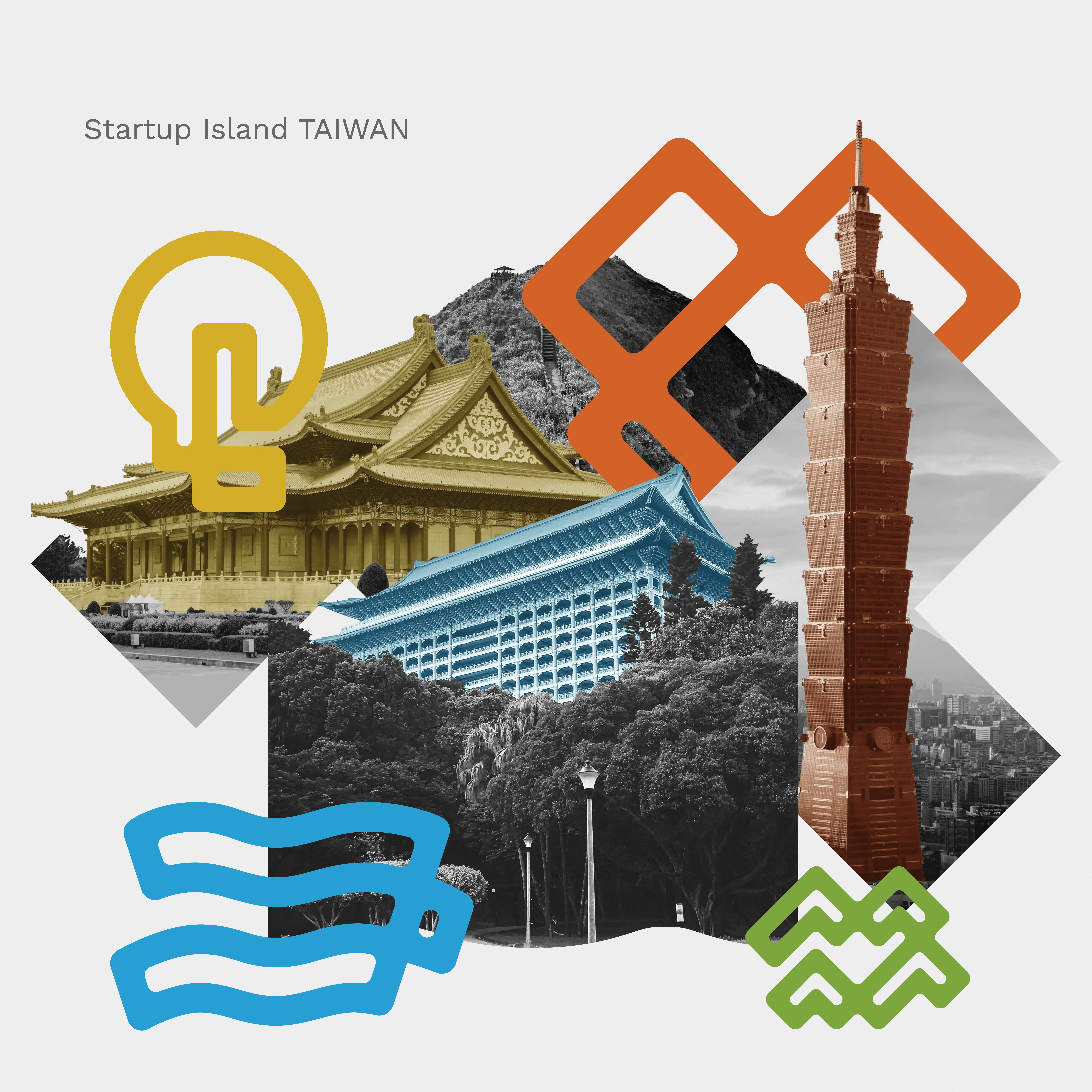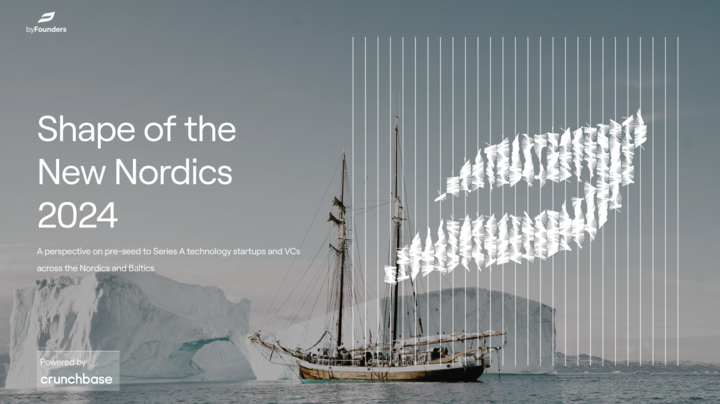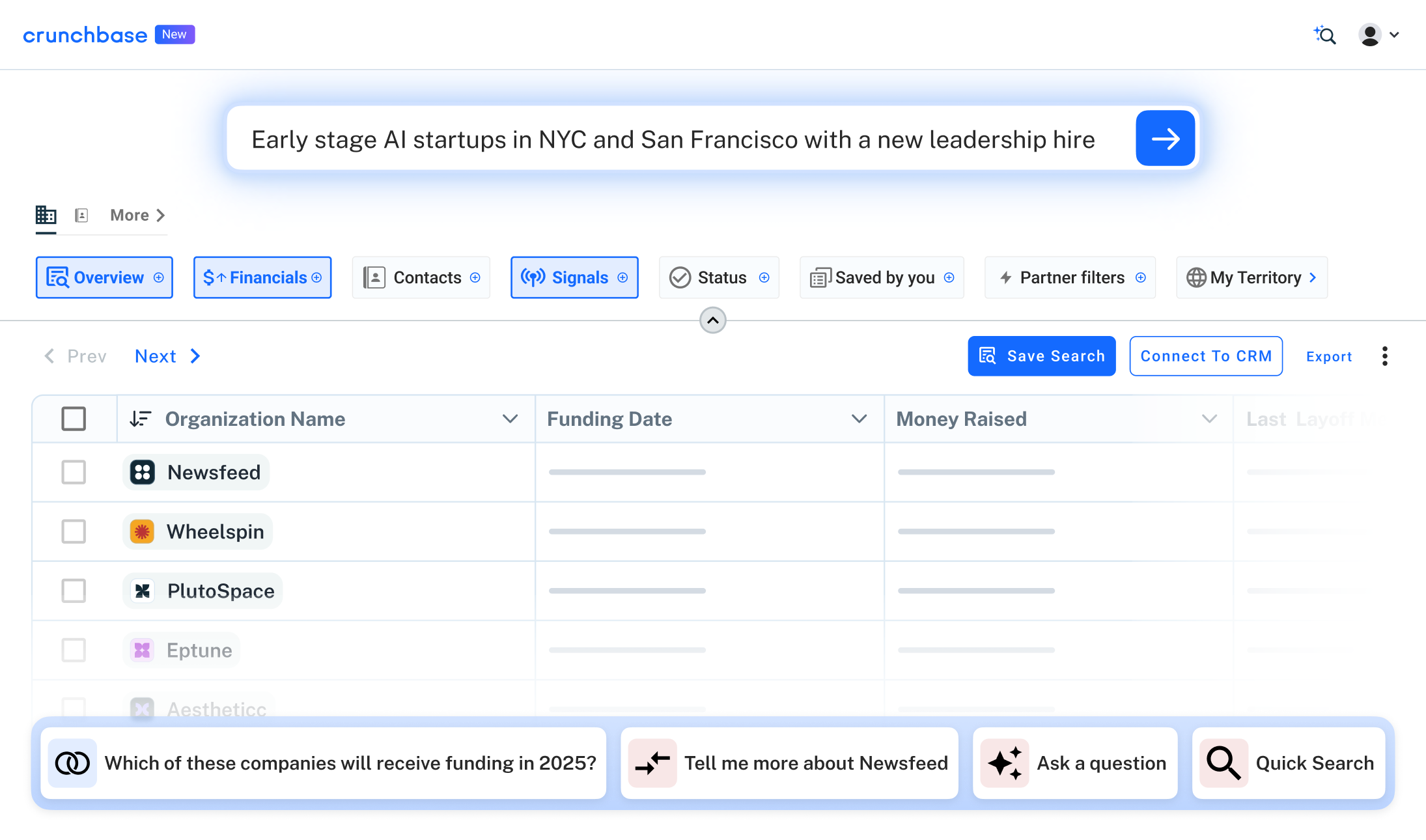Currently, the Japanese government is actively promoting a startup policy aimed at creating new industries. In 2020, the Japan Cabinet Office designated eight cities as startup ecosystem hubs and is building a system that will produce startups in each of these regions.
This article focuses on the Kansai region, Japan’s second-largest metropolitan area, which is slated to host the Expo 2025, and introduces Kansai’s startup ecosystem, including its culture, regional characteristics and a few startups that are attracting attention.
Kansai: A metropolis of culture, history and commerce
The Kansai area — which is being coined as “Deep Tech Valley Kansai” — has immense historical value. The area includes culturally significant cities such as Kyoto, which flourished as Japan’s capital for more than 1,000 years; Osaka, which developed as a commercial center; and Kobe, which was a key trading hub with foreign countries.
Kansai has the second-largest economy and population in Japan, with a gross domestic product of $795 billion in its area alone. When compared to the nominal GDPs of other major countries, the Kansai area ranks just behind the Netherlands (ranked 18th in the world) in terms of economic size.
Outstanding manufacturing technology and the 2025 Expo
The Kansai area, which has long flourished as a key economic center, has many town factories that specialize in machine parts and metal processing. It has a higher volume of shipping manufactured goods such as steel, chemicals and fabricated metal products than the rest of Japan. Town factories have brought high-quality products to market based on their superior technological capabilities and corporate networks. The technology in Kansai for manufacturing parts that require precision, such as for bullet trains, aircraft and satellites, is a world-class asset that contributes to the development of Japan.
In addition to the concentration of companies, the Kansai area is also home to a large number of universities and research institutes, conducting research in various fields including biotechnology, health care, life sciences, manufacturing, information, AI and robotics.
The Union of Kansai Governments aims to establish “Deep Tech Valley Kansai” as one of Japan’s leading R&D startup locations and to make it a world-class startup ecosystem center. In fact, the number of startups in Kansai is increasing every year, and as of 2021 there were 865 startups in the region.

(*3 Source: Crunchbase, Kansai City Data STARTUP DB)
This is thought to be due, in part, to Kansai’s commitment to creating innovations that enable global-scale problem-solving, and its focus on fostering startups and young entrepreneurs through collaboration among universities, research institutions, the business community and government agencies.
A major symbol of the public and private sectors’ concerted efforts to boost the Kansai economic zone is Expo 2025 Osaka, Kansai. The Expo, which aims to create a cluster of life science, biomedical and other companies in the Kansai region, as well as to discover innovations, is expected to generate an economic impact of around 2 trillion yen, attracting the attention of Japanese and foreign investors alike.
Japan’s first Expo, held in Osaka in 1970, was a symbol of the country’s rapid economic growth and generated a great deal of excitement. Many companies are now eager to show the world the development of the Kansai area and its new industries at the 2025 Expo. The Expo represents a milestone for many companies in the Kansai region, and startups are no exception. The Union of Kansai Governments is also working toward the 2025 Expo, providing information on a global scale.
Nurturing a home for startups based on the latest technology from universities
The Kansai region is home to startups with strengths in a variety of specialized fields including biotechnology, manufacturing, information, AI and robotics. This is because the region is home to some of Japan’s most outstanding universities, including Kyoto University and Osaka University. These universities have produced numerous Nobel Prize winners and have some of the best laboratories in Japan, making the creation of university-launched companies based on the latest technologies easy.
These companies often have research, commercial products and businesses that are related to solving sustainable development and environmental, social and governance issues, and have high growth potential. Oftentimes, this results in being more likely to receive cooperation from governments and local authorities, and to develop joint experiments and projects with major companies. The following companies are startups in Kansai that specialize in biology and engineering.
- Kyoto Fusioneering, a technology startup established as a spinoff from Kyoto University, focuses on developing advanced technologies for commercial fusion reactors. Supporting both public and private fusion developers around the world, the company is accelerating the realization of fusion as the ultimate energy source for humankind.
- Sagri Co., Ltd. provides a service that utilizes satellite data and AI to instantly grasp and digitize the cultivation and growth conditions of farmland. It contributes to the management of abandoned farmland and large-scale farming, and has a track record of adoption by municipalities and other public organizations.
- Setsuro Tech is from the University of Tokushima that supports research and development in the field of agriculture and livestock breeding using genome editing technology. It also supports the development of high-value-added varieties.
- Luxna Biotech is a startup company from Osaka University that conducts research and develops therapeutic drugs for neurological diseases and genetic disorders with the aim of practical application of nucleic acid drugs. The company is actively collaborating with pharmaceutical companies and has already established cooperative relationships with five partners, in addition to one biotech and a major pharmaceutical company.
A culture of support and encouragement for entrepreneurs
The Kansai region is a culture in which senior business professionals nurture young entrepreneurs. Even some of the largest companies in Kansai, such as Panasonic, Keyence, Nidec, Omron and Nintendo, started out as small startups. As a commercial city, Kansai has a culture of supporting and nurturing entrepreneurs and small businesses.
In addition, there is a strong sense of camaraderie and a culture of valuing human relationships in Kansai. People in Kansai tend to value communication and relationships with others, and have a culture of helping junior colleagues and fellow countrymen in particular.
In Kansai, there is a program to support young entrepreneurs that was launched by a group of founders of established companies. Startups that pass the screening process can participate in workshops and receive mentoring for free. Many senior businesspeople are often involved in these programs as mentors. They function as a positive community with a vision to support junior entrepreneurs and to produce the next unicorn company from Kansai.
In this way, Kansai’s climate is one in which startups can succeed, with generous support from the public and private sectors, the upcoming 2025 Expo, and businesses with advanced technologies and research that are expected to progress even further. Kansai’s cultural and economic environment makes it an area to watch, and a region with tremendous potential to create a new era of startup ecosystems and produce the world’s next top players.
Visit the Kansai Startup Ecosystem Portal Site to learn more. Written and edited by: for Startups, Inc.
.svg)







